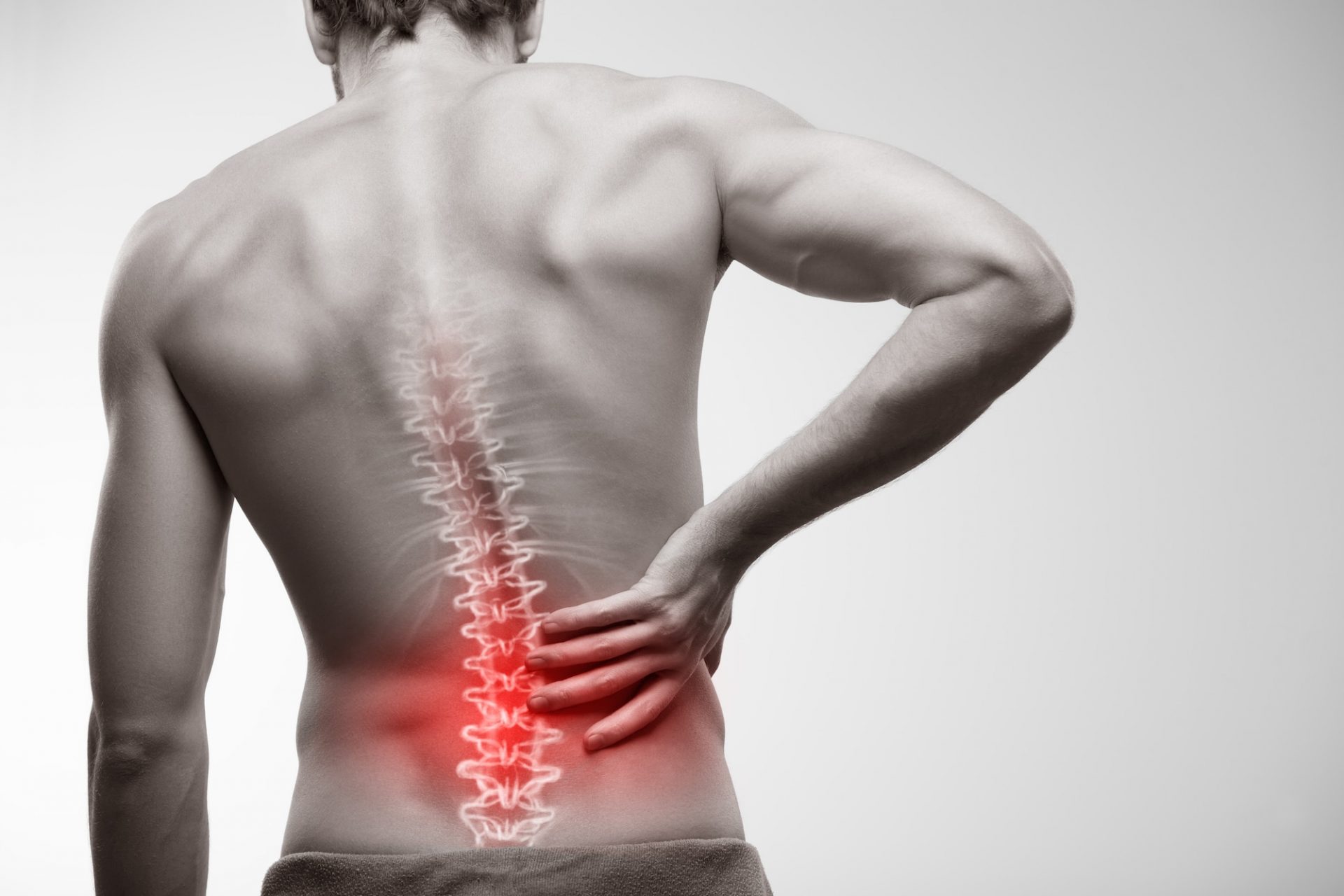Herniated disc pain can be treated using pain medication and therapy. However, some symptoms may necessitate medical attention to avert a serious health condition such as nerve damage. If you are suffering from herniated disc pain read on to discover when to seek treatment from Lawrenceburg herniated disc specialists for this disorder.
Symptoms to watch out for
A herniated disc may manifest as a no symptom condition and therefore may go undetected. However, sometimes it can be characterized by debilitating pain that requires immediate medication. Luckily, not all the time, the doctor may recommend surgery. Most patients respond well to conventional treatments through non-surgical approaches.
Quite often, some symptoms may indicate severe underlying conditions, and it is essential to seek medical help for tests and evaluations.
Loss of bladder or bowel control is one of the main symptoms of a herniated disc. It is a rare condition but can signify a severe spinal disorder that requires immediate treatment.
Another symptom is poor balance and muscle weakness, which happens when the herniated disc compresses your spinal cord. Therefore, you may feel weak, which can lead to a loss of balance.
Herniated disc pain can interfere with your everyday life, can cause insomnia, and may not allow you to work normally. The symptoms may worsen for several weeks, and if they fail to respond to treatment, your doctor may recommend surgery.
What to expect during treatment
A herniated disc compresses your spinal cord and may cause pain. When this happens, you may experience tingling, numbness, radiating pain, and general weakness, affecting your normal activities. Treatment should be immediate to prevent the further acceleration of the disorder as it can damage your nerves.
During a visit to the medical facility, your doctor conducts a thorough medical assessment to rule out any underlying condition. A CT scan or MRI may be conducted to identify the cause of pain. After that, the doctor starts the treatment depending on the stage of this condition.
Surgical treatment
Your doctor recommends surgery when all the other options fail. Some of the common surgeries include a Laminotomy where the doctor makes a small opening in your lamina or vertebral arch, which relieves the pressure on the nerves. A tiny incision is made, and the doctor may use a microscope to guide the process.
A discectomy surgery involves removing the part of the problematic disc to ease the pressure. Your doctor makes an incision on the back or on the neck to access the disc. Your doctor may also recommend a disc replacement to treat severe pain.
The surgery options require hospitalization, and the doctors apply general anesthesia. You may stay in the hospital for 2-3 days and then be allowed to go home. During the recovery time, it is essential to avoid engaging in heavy workouts or lifting things. Like any other surgery, it is vital to eat a balanced diet to speed up the recovery process.
Herniated disc pain is treatable when you access treatment early. Contact the experts at Elite Physical Medicine to learn more about the available treatment options.


